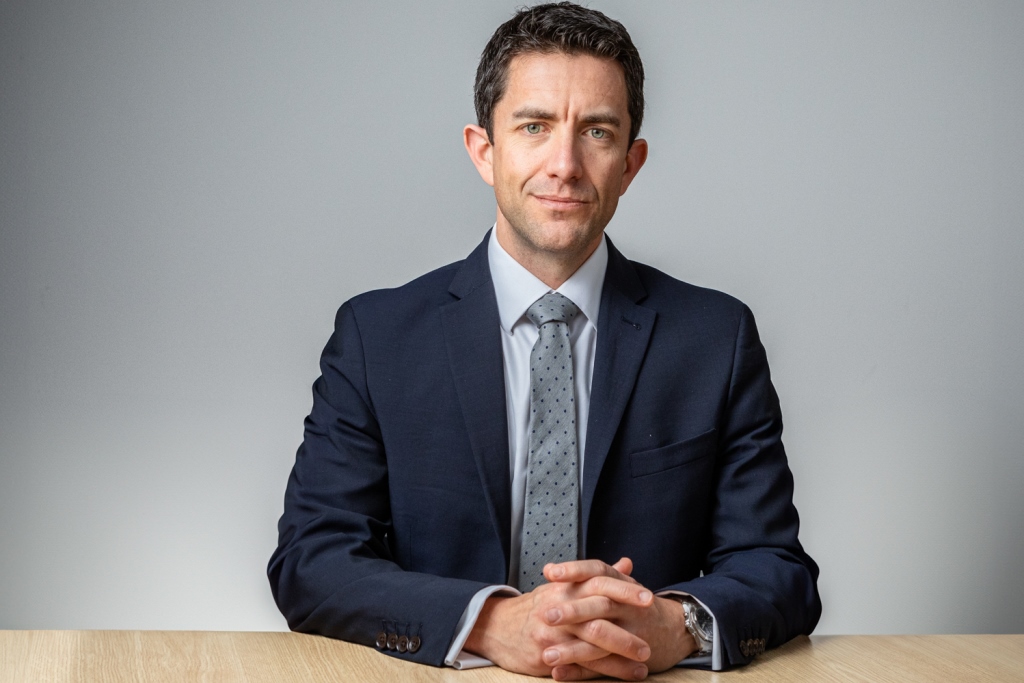Construction contractor Willmott Dixon has published half-year results (unusually, for a privately-owned business) and they show the business to be trading at a profit.
After making pre-tax losses of £8.7m in 2022 and £14.4m in 2023, Willmott Dixon has made a pre-tax profit of £10.0m in the first half of 2024 (2023 H1: £1.3m loss).
For the six months to 30th June 2024, turnover was slightly down at £561.1m (2023 H1: £589.0m). Of this, 69% was taken via long term frameworks
Chief executive Graham Dundas, who took over from Rick Willmott in January, said that the results were ahead of the board’s expectations.
“I’m pleased to start with the excellent news of a prompt and healthy return to profit for the business after a difficult 2023,” he said. “While market conditions remain competitive, both profit and turnover are ahead of our forecasts, underlining my confidence in our ability to deliver profitable long-term growth.
“The first half of the year has seen a strong all-round performance from the group, with each of our subsidiary companies materially contributing to the profit delivered.
“Our strong start to the year is further illustrated by cash at the bank of £109.3m, with shareholders’ funds increasing to £166.0m (FY23: £158.8m). We have a robust, debt-free balance sheet and access to committed bank facilities of £30.0m, with an additional £20.0m accordion provision.”
Dundas continued: “Our secured order book and future pipeline has never been stronger, exceeding £3bn in total for the first time. Willmott Dixon agreed over £1.0bn of new orders by August and 98% of budgeted workload for 2024 is now contracted. This underlines both the high demand for construction work, and our success in overcoming the challenges of a tough macro-economic environment, such as the high inflation which delayed several projects over the last 18 months.

“In addition to a record secured orderbook, we also have preconstruction appointments on projects expected to deliver a further £1.5bn of work once successfully converted into main contract awards. This growth in orders comes whilst remaining very selective in our bidding activity; our projects remain predominantly with valued repeat customers and in sectors where we have a proven track-record of success.”
He said that the workload was balanced across core markets, particularly leisure, housing, regeneration, education, healthcare (new-build and fit-out) and heritage property restoration.
Dundas said that Willmott Dixon’s strategy of focusing on frameworks and selective bidding was key to the company’s success.
He explained: “The recent demise of ISG was both shocking and sad; while we operate in a competitive industry, no one likes to see another company fail. Its failure does, however, further underline why our approach to risk and selective bidding remains crucial to our long-term success. We believe our repeat business and long-term relationships, as well as our stringent internal processes, are critical in this regard.
“Alongside the failure of ISG, the requirements of the Building Safety Act will see a further shift in customer mindset from ‘lowest bid’ to ‘best quality’ in analysing tenders, with additional scrutiny placed on a company’s financial robustness.
“While we await the new government’s spending review, scheduled for spring 2025, demand for capital projects at national and local level will continue to drive new opportunities. As these come out for procurement via our frameworks, we will only bid for projects where we have the right resources and capabilities to deliver.”
He concluded: “Our focus on operational excellence and healthy pipeline means we are on track for returning to full year profit in 2024 and growth in 2025. We are emerging as a stronger business with the challenges of 2023 behind us. However, while positive and cautiously optimistic, we are not complacent.”

